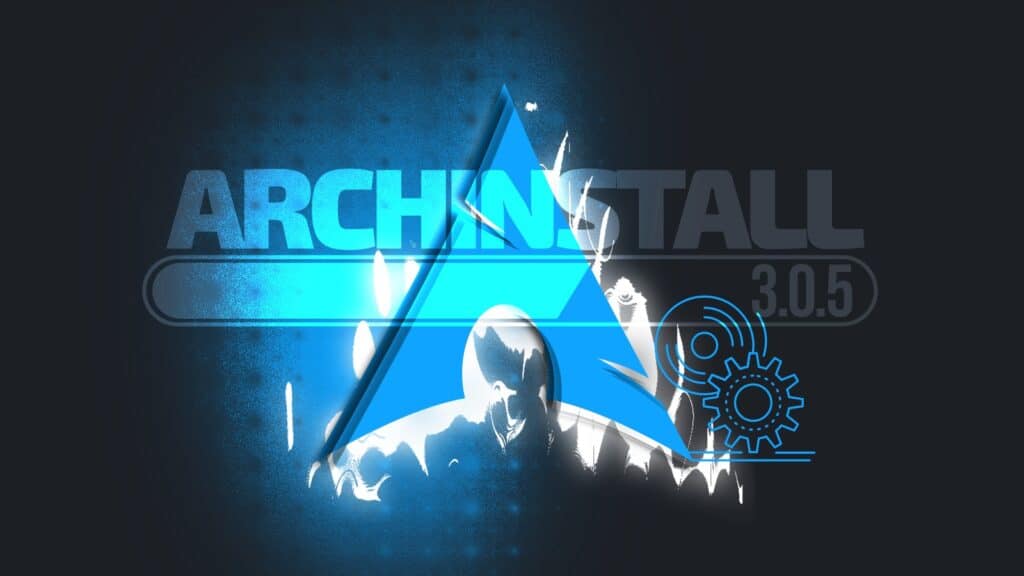Archinstall 3.0.5, a guided, user-friendly TUI installer for Arch Linux, has just been released. It provides a streamlined, semi-automated alternative to the traditional manual Arch installation process, which can be challenging, especially for new users.
The biggest highlight of this new version is security – the installer now offers optional file encryption for configuring user credentials. Passwords are no longer stored in plaintext but are instead saved as secure hashes, ensuring that user credentials remain safe even before the system is fully locked down.
Moreover, regarding desktop environment support, the post-installation menu has been enriched with additional options, giving new installations a fresh spin and more choices right out of the box by expanding its offerings with Labwc, Niri, River, and XMonad tiling window managers.
Bug fixes in 3.0.5 target numerous specific issues. For example, the broken application launcher in Sway has been corrected by replacing dmenu with wmenu, and the Budgie build’s GTK theme package has been swapped out for an actively maintained alternative.
Partitioning has also seen refinements: the installer now defaults the boot partition to start at 1 MiB on MBR systems, and both GPT end detection and Btrfs subvolume creation bugs have been resolved. Furthermore, disk-config validation regressions have been patched, and pipewire symlinks are now reliably created.
Under the hood, Archinstall’s codebase has undergone extensive cleanup and type-safety enhancements, introduced strict mypy checks, such as enabling possibly-undefined warnings and leveraging assert_never to eliminate ambiguous code paths, and has systematically removed unused imports and variables.
The team also improved code modularity by decoupling key components—splitting out functionality such as encryption handling and disk management into separate modules—and revamped the build pipeline to leverage “python-uv” for more reliable packaging.
Finally, this update includes various translation refreshes that extend Archinstall’s accessibility. Over two dozen localization files have been updated, including Traditional and Simplified Chinese, Japanese, Italian, Hungarian, Spanish, Polish, Czech, Urdu, and Ukrainian.
For more information, see the changelog.

Great news! I’m happy with the archinstall only the manual partitioning/modifying of the disk for btrfs is not very logical for me.